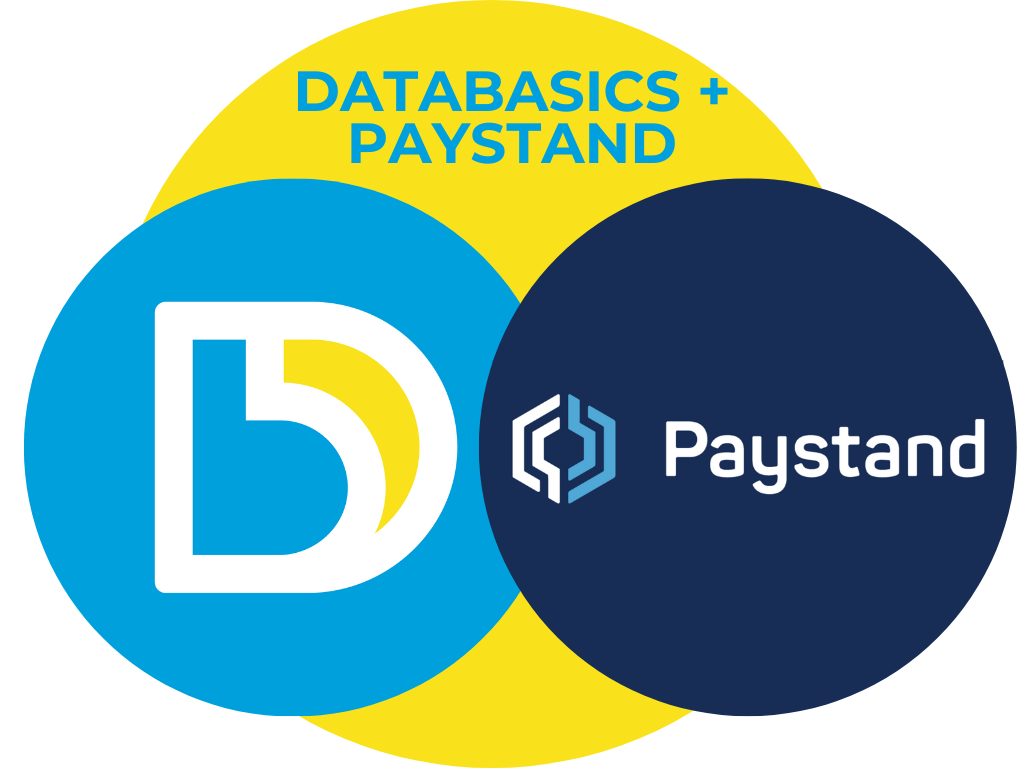Decision-makers need to understand how to control expenses. Tracking, assessing, and making changes to spending is essential for all companies that want to save money.
Accounting managers and professionals should have a clear understanding of expense and cost control to improve operations within their organizations.
What Is Expense and Cost Control?
Decision-makers use expense and cost control to keep their companies on track. Companies that want to streamline operations and reduce resource waste utilize expense and cost control measures to make better judgments about current and future operations.
This approach means assessing and allocating resources based on defined cost-control measures.
Expense Control
By making direct changes to how money is spent, accounting managers and professionals can exert better expense control measures over how and where their resources are allocated. This control allows them to keep projects focused on long-term goals.
Budget Cost Control
Budget cost control measures provide decision-makers in companies of all sizes the tools to identify, measure, and reduce waste. This reduction means considering expenses across the entire organization and planning the budget according to departmental needs.
What Is Expense Management?
Companies need to be aware of the costs incurred by employees for various activities, whether for salary, vacations, healthcare, or other expenses. Expense management refers to the overarching systems and practices leveraged to ensure employee costs are taken care of.
Tips for Better Cost Control
Budget cost and expense control require a clear knowledge of good organizational practices and ongoing consideration of how deployed programs perform. Developing good practices for assessing and reducing costs will give your organization more flexibility when you’re considering how to deploy services.
Set Clear KPIs
Key Performance Indicators (KPIs) offer insight into the measurable aspects of employee success. By setting clear KPIs, businesses will have specific targets for employees to meet and give decision-makers a means to control costs. Sometimes it’s easy to avoid setting goals because you don’t know what’s achievable and what’s not. However, just having the best guess as to an achievable goal gives you something to work toward.
Plan for Inflation
Inflation is an ongoing trend that companies cannot avoid. Businesses should be aware of the actual and expected inflation costs so that they don’t have unexpected expenses that hurt their bottom line.
Track Expenses in Real-Time
Accounting managers and professionals need to be aware of the underlying costs of doing business. Ongoing tracking and reporting of spending and payroll give organizations flexibility to make changes when necessary.
Automate Expense Management
Managing expenses takes time and resources. Expense management tools give businesses powerful automation capabilities to stay on top of their costs and spending.
Implement Expense Management Software
There’s a great deal of paperwork involved with manual expense tracking and reporting. Businesses that want to ease the burden of cost control use software for centralized platforms that make it easier to track and manage spending.
Minimize Business Expense Fraud
Employee fraud leaves businesses with higher costs and greater vulnerability to unexpected spending. Accounting managers and professionals who want to control their costs find ways to minimize the potential for business expense fraud.
Take Full Advantage of Tax Deductions
Many business leaders don’t realize that many tax deductions are available that can help them reduce their yearly costs. Accounting managers and professionals will have more to work with when allocating finances to other areas by taking advantage of these financial benefits.
The Basics of How to Control Expenses
Expense and cost control give accounting managers and professionals a way to reduce the burden of operations while improving the working environment for employees. This approach is vital for limiting waste and improving workforce performance. Financial budgets cut costs and offer a means for decision-makers to control expenses.
Cost control measures are vital for your business’s long-term stability and growth. By focusing on clear goals, understanding the nature of the market, and using available tools for monitoring and reducing the financial burden, you will be better equipped to handle the uncertainties that come your way.


